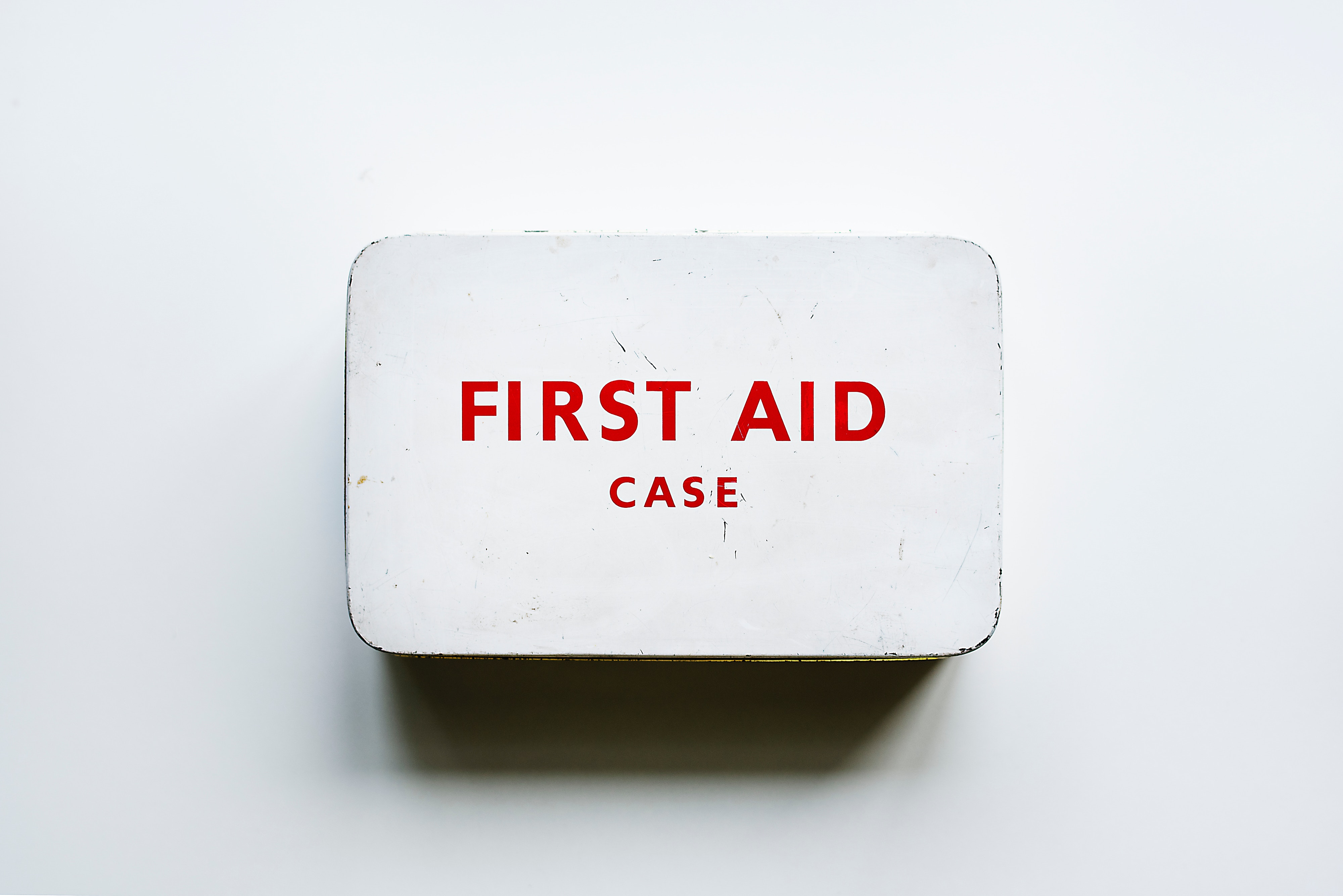Are You Properly Documenting Safety Incidents in Your Workplace?
March 14th, 2019
Workplace safety incidents can occur even with the best planning in place to prevent them. While unfortunate, you need to be prepared when an accident or injury occurs to properly document what happened. Beyond the importance for potential legal action, you want accurate records for the Occupational Safety and Health Act (OSHA).
Start with an updated list of procedures
Before you can make sure everything is being documented accurately, you need to have the procedures in place for said documentation. Educate management about the incident forms you’re using and the correct way to complete them.
Document everything
When a safety incident occurs, you want to record everything you possibly can. This involves a detailed summary of what happened; what the result was, including injury or downtime in the workplace; who was involved; what was happening when the accident occurred; and potential factors from the environment that may have played a part in the incident.
By documenting everything clearly, including whether all safety procedures were followed, you can protect yourself if a lawsuit is filed or if an investigation by OSHA occurs.
Understand the OSHA forms
When establishing your procedures, the forms from OSHA should be included. Typically, when a safety incident occurs, it will be a little chaotic and you don’t want to make a mistake that causes repercussions down the line.
These forms and logs aren’t necessary to submit but must be prepared and stored for when an OSHA investigator visits your facility. OSHA recommends keeping them for at least five years, but definitely longer if a lawsuit is involved.
OSHA forms to remember:
- 300 – Log of Work-Related Injuries and Illnesses: This log must be completed within six days of learning about an injury, illness, or accident at your workplace.
- 301 – Injury and Illness Report: While you have seven days for this report, you should file it as soon as possible after an injury, illness or accident to make sure you have all the correct details included.
- 300A – Summary of Work-Related Injuries and Illness: Done annually, this must be completed by February 1 and left on display through April 30. The better log you keep, the easier this summary is each year.
Partner with a staffing agency in Atlanta, GA!
At Staffing Resources, we know you have hundreds of options, but not a lot of time. We are an Atlanta-based staffing agency dedicated to finding you the best talent in the area. Request an employee today to see how we can work for you!
